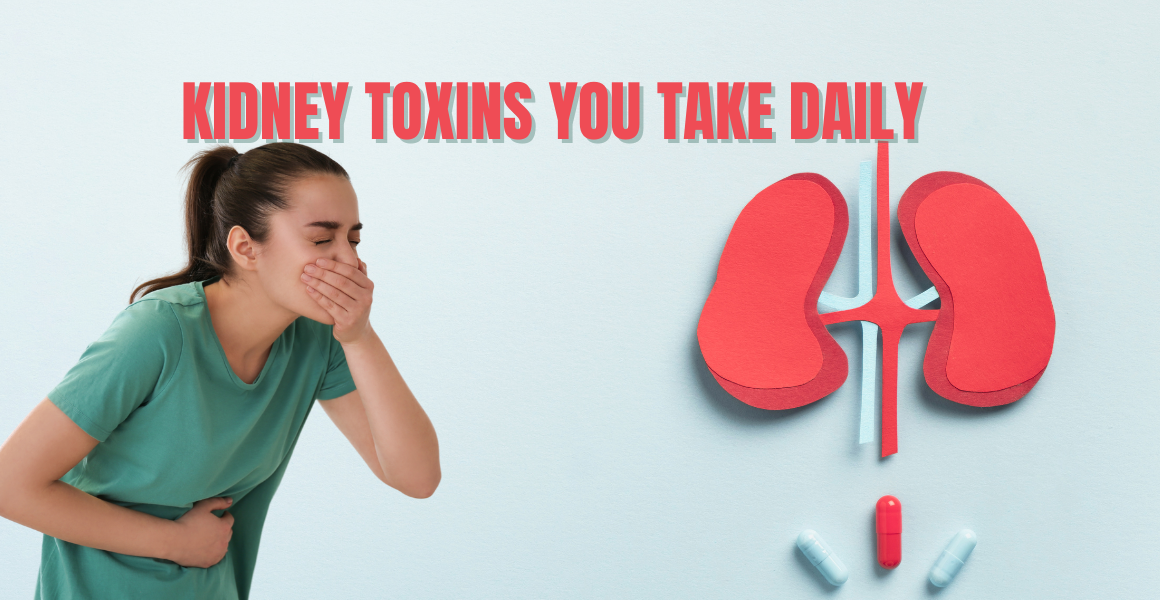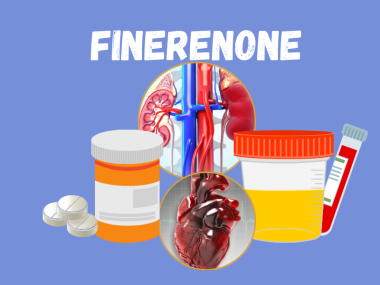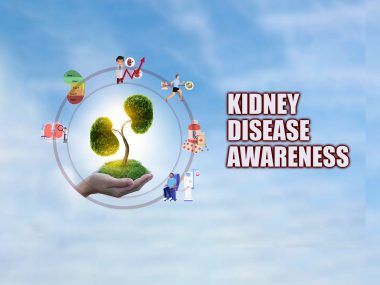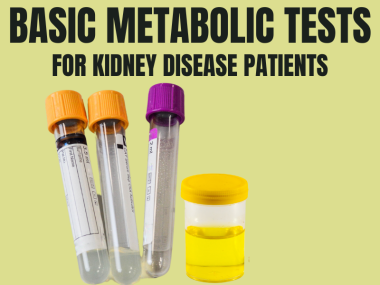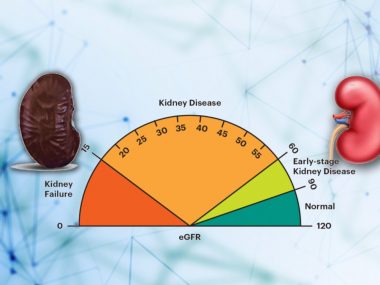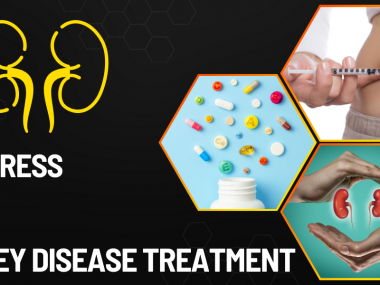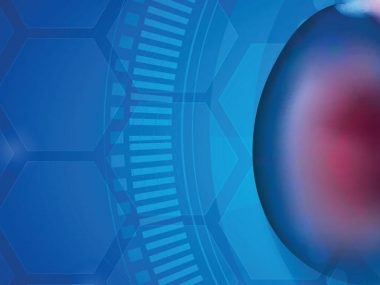Our daily routine can have many kidney toxins. Kidneys are vital organs of the human body because they regulate many essential operations upon which depends our survival. They keep our blood pressure in range; they maintain the acidity in our blood; they manage hormones such as parathyroid hormone; and they oversee sodium, potassium, and calcium levels. To perform all these functions, kidneys are masterfully connected with the body’s vascular system. This integration allows a liter of blood to pass through both kidneys in one minute. However, the same integration that makes it possible for kidneys to perform their operations so adroitly has a downside. Any outside object that gains access to blood, whether it enters through the mouth or lungs or veins, is bound to reach the kidneys, with the potential to harm these fragile beans if the object is toxic to kidneys.
To ensure kidney health, you must watch out for these five everyday things that can be toxic to kidneys.
Medicines—Possible kidney toxins
Almost everyone knows that certain painkillers harm the kidneys, such as ibuprofen, naproxen, and diclofenac—common over-the-counter pain medications. But these are not the only kidney-damaging drugs. Most commonly used medicines, too, can rub the kidneys wrongly. Take antibiotics, for instance. Usually considered very safe, antibiotics can often turn into kidney toxins. They can either start an allergic reaction, directly damaging the kidney tissue, or they can kill our gut microbiome, resulting in diarrhea, dehydration, and crystal formation in the kidneys, increasing the potential for kidney injury. Likewise, some herbs and vitamin supplements carry unwanted chemicals that are unkind to the kidneys.
Drugs can damage kidneys in multiple ways. Some medicines can directly damage the kidney cells. Others can trigger an allergic reaction, a typical drug reaction, for instance, involving either the whole body, including kidneys, or limited exclusively to kidneys. Others still, particularly chemicals in herbs and supplements, can produce a localized inflammation in the kidneys. Simply put, any drug can potentially turn into a kidney toxin and thus better be avoided if possible.
Foods—Can it be toxic for kidneys?
Besides a very few health-conscious people, everyone views food as a health neutral, meaning that what and how much they eat doesn’t matter. And if it were not for their bodies’ satiety mechanism that makes them feel full at the moment, they would keep at their plate forever without considering the consequences of such indulgence.
Junk Food
Food is far from being benign. Healthy food in unhealthy quantities and unhealthy foods in even small portions can damage kidneys. Top the list of unhealthy foods for kidney patients are ultra-processed foods, mainly junk food. Think of pizza, burger, shwarma, nuggets, cheese sticks, and anything fried. These greasy, salivating foods are not only calorie-dense, they also contain loads of sodium, potassium, and phosphorus, salts that kidney patients find hard to handle. Then, we have cooking oils with high amounts of Omega 6 fatty acids, such as corn oil, soya bean oil, and sunflower oil. These oils lead to low-grade inflammation in the whole body, including the kidneys.
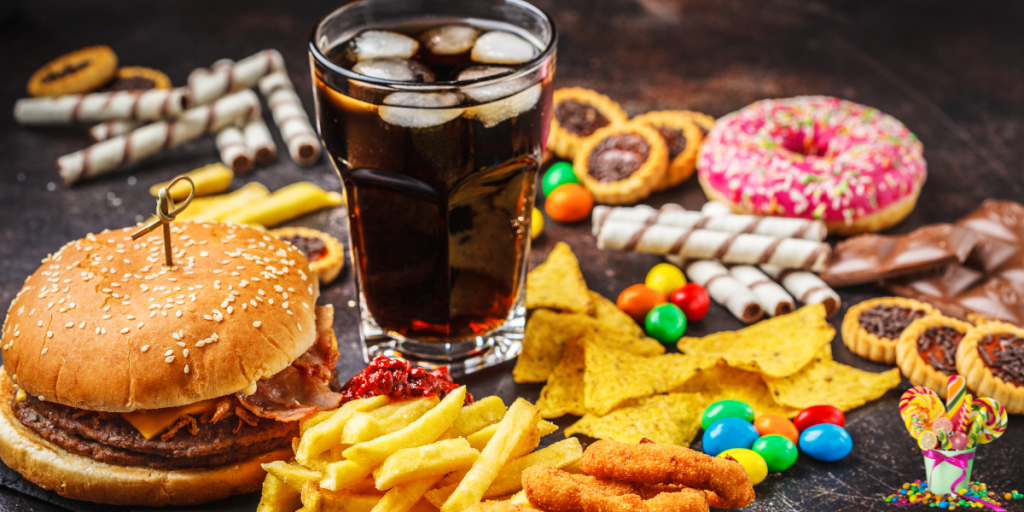
Carbohydrates
Refined carbohydrates and sugars, particularly fructose, are now well-known for their unhealthy influences on the body. Their effect goes as deep as the cellular level, where they disrupt the mitochondria, the powerhouse of our cells. These sugary foods lead to insulin resistance and ensuing metabolic chaos—high blood pressure, high cholesterol, diabetes, etc.
Superfoods
Sometimes, harm lurks just behind healthy-looking foods. Nuts, fruits, and green leafy vegetables—all these items rank as superfoods, whatever that means. Yet, all of them have something that can hurt kidney disease patients: nuts carry loads of oxalates; green leaves, oxalates and potassium; fruits, fructose. While a normal person may ingest a load of these foods without any apparent harm, these nutrient-dense edibles can be overwhelming for weak kidneys.
Proteins
Another nutrient that can injure kidneys is protein. Research shows that kidney disease patients take a low-protein diet, defined as 0.8 grams of protein per kilogram of body weight per day, slow down the progression of their kidney disease, suggesting that a high-protein diet damages kidneys. The higher the protein intake, the higher the risk, with animal proteins being more harmful than plant-based proteins.
Nicotine—A kidney toxin and carcinogen
Smoking is injurious to health, primarily by irritating the inner lining of our blood vessels, where it triggers inflammation and plaque formation, a first step toward heart attack or stroke. In kidneys, this irritation, plaque, and, finally, blockage of small vessels leads to kidney disease that shows itself with a rise in blood creatinine, denoting a decrease in the kidney filtration function. The damage from smoking goes beyond kidney disease, however. It decreases the chances of recovery from acute kidney injury, and most importantly, it increases the risk of kidney cancer.
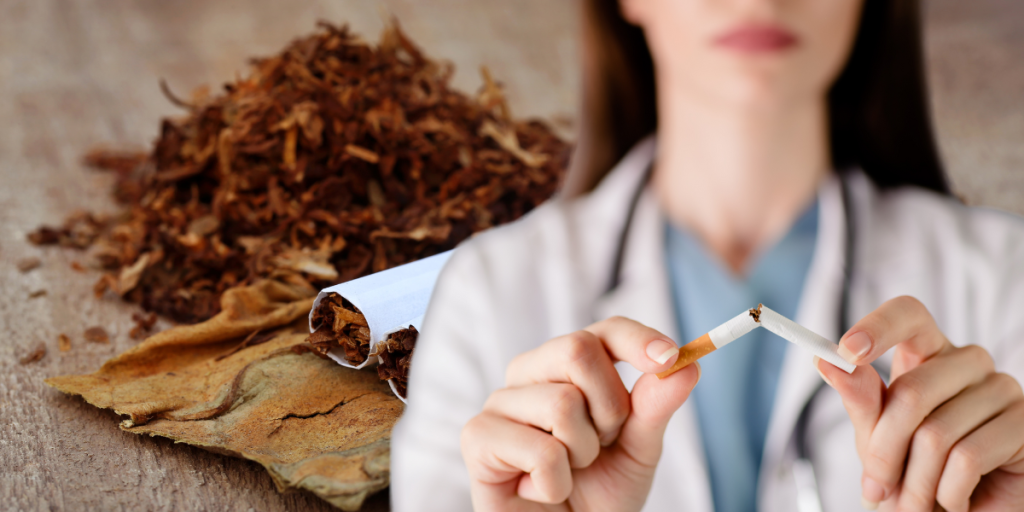
It is not just cigarettes that are hazardous for kidneys. New research is calling attention to all forms of smokeless tobacco: inhaled via e-cigarettes or ingested as chewable products. The data shows that even smokeless tobacco contains more than 4000 chemicals, at least 30 of which are carcinogenic.
Alcohol
Historically, alcohol was not considered a direct kidney toxin. If it has any harmful influence on the kidneys, it was thought, it came indirectly from metabolic derangements like high blood pressure and uric acid. New data tells us otherwise. Although no research proves alcohol as direct kidney toxin, some studies hint at alcohol as a potential kidney toxin, causing kidney and other organ damage by the production of free radicals.
In short, excessive use of alcohol is not good for your kidney health. Now the question is what is excessive drinking? The National Kidney Foundation (NKF) defines excessive alcohol as follows:
Men: consuming more than four drinks in a day or consuming more than 14 drinks in one week.
Women: Consuming more than three drinks in a day or more than seven drinks in one week.
Note that excessive alcohol consumption in a short period of time can cause alcohol toxicity, which, in turn, can cause acute kidney injury.
Pollution
Rising health issues have lately pushed the subject of pollution to the forefront. Pollution comes in many forms and can affect kidneys through different mechanisms, but we will focus on two kinds of pollution that are directly toxic to kidneys.
Water
Water, the essence of life, is not only for drinking but also a component of our solid food—in fruits, vegetables, and even meat. If the water we drink or the water used to grow these crops is contaminated with toxins, it can and will harm our kidneys. Our kidneys act as the body’s waste disposal system, the final destination for all the chemicals in our body. Therefore, the more we expose our bodies to polluted water and food, the higher the risk of kidney damage. The good news is, this is a preventable risk.
Air
Air pollution is quite, if not equally, toxic for kidneys. Worsening smog has raised significant health concerns in recent years. In countries like India, Pakistan, and Bangladesh, with grotesquely unfolding urbanization, smog has become an insidious issue, enveloping major cities like Lahore, Karachi, and Delhi for months on end. This smog contains various toxic components, among which the most harmful for kidneys is particulate matter, a scientific name for the smallest measurable particles in polluted air. When we inhale these particles, which are small enough to evade all filtering mechanisms of our nose and lungs, they end up in the bloodstream and finally reach our kidneys. Research has now strongly suggested that these particles increase the risk of chronic kidney disease.
Take Home
Our kidneys are endowed with extraordinary capabilities, to perform which they filter about 1500 liters of blood every day. Though kidneys’ main job is to get rid of toxins in the blood, they can be easily overwhelmed, getting injured by the same toxins they were trying to excrete. Higher doses of less toxic things such as alcohol or ultra-processed food, and small doses of potent toxins like drugs and polluted water should both be avoided for better kidney health.

